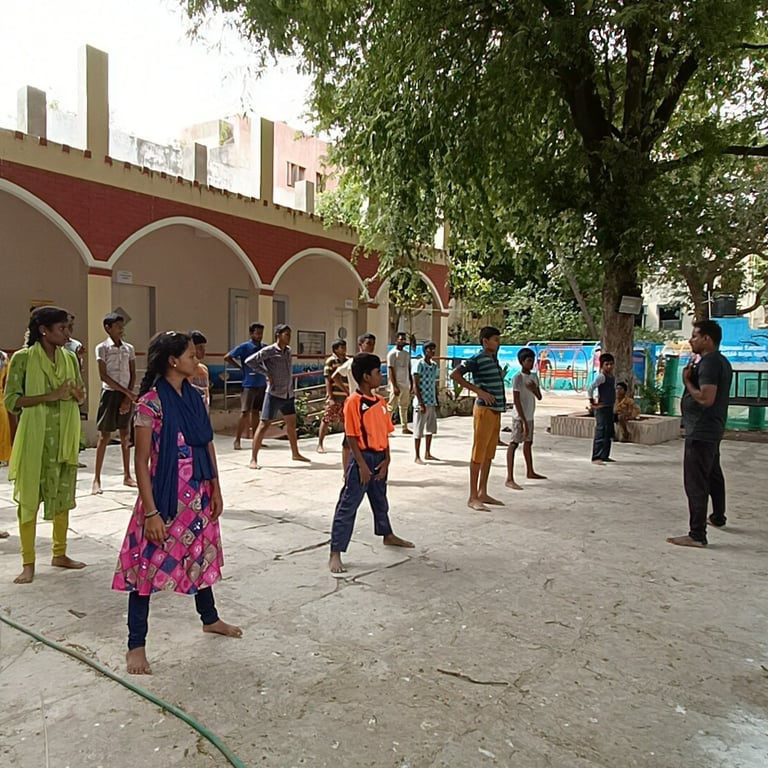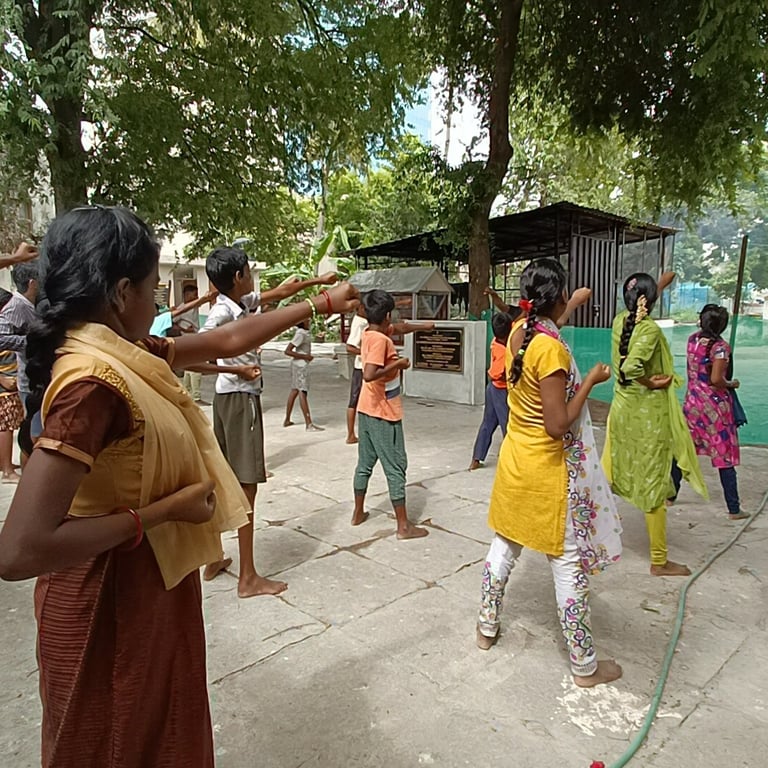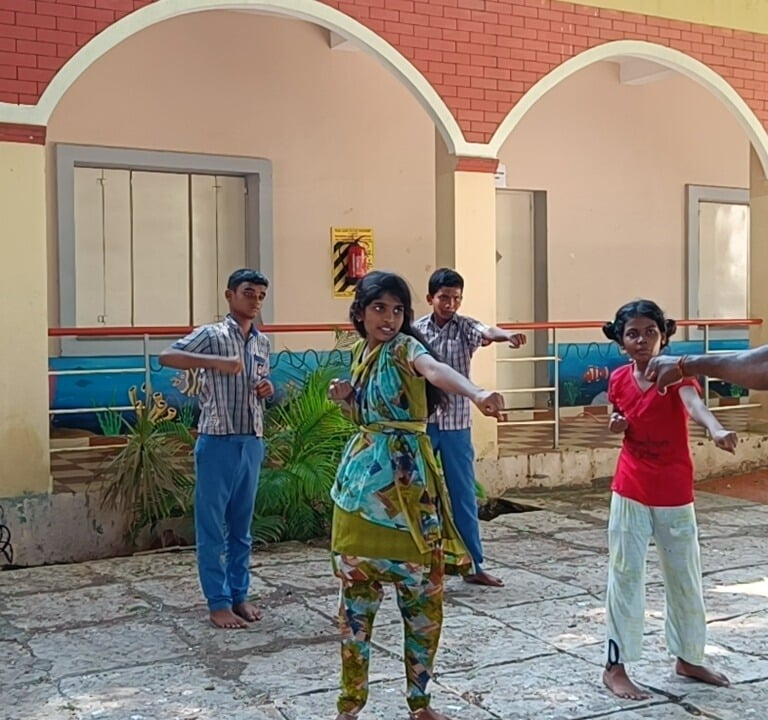Karate
As one of the most renowned martial arts in the world, Karate combines physical strength, mental discipline, and spiritual growth.
Karate is a martial art and combat sport that originated in Japan. It emphasizes striking techniques such as punches, kicks, knee strikes, and elbow strikes, along with open-hand techniques like knife-hand strikes and palm strikes. Karate also includes various blocks, throws, and joint locks.
The word "karate" means "empty hand" in Japanese, indicating that it is a form of self-defense that does not rely on weapons. It was developed on the Ryukyu Islands, which now belong to Japan and are known as Okinawa, and it has its roots in ancient martial arts practices from China.
Karate training typically involves practicing kata (prearranged sequences of movements), sparring, and physical conditioning. Kata allows practitioners to perfect their techniques, stances, and timing, while sparring provides an opportunity to apply those techniques in a controlled and competitive environment.
Karate has different styles or schools, known as "ryu," each with its own unique emphasis on techniques, training methods, and philosophies. Some well-known karate styles include Shotokan, Goju-Ryu, Wado-Ryu, and Shito-Ryu.
Apart from its practical self-defense applications, karate is often practiced for its many benefits, including physical fitness, discipline, mental focus, self-confidence, and personal development. It is also a popular competitive sport with tournaments held worldwide.



Learning karate can provide numerous benefits, both physical and mental. Here are some reasons why people choose to learn karate:
1. Self-Defense: One of the primary reasons people learn karate is to acquire self-defense skills. Karate teaches practical techniques that can be used to protect oneself in real-life situations. By learning proper strikes, blocks, and evasion techniques, individuals can gain confidence and feel more secure in their ability to defend themselves if needed.
2. Physical Fitness: Karate is a physically demanding martial art that offers an excellent workout. It helps develop strength, flexibility, endurance, coordination, and balance. Regular training in karate can improve cardiovascular health, increase muscle tone, and enhance overall physical fitness.
3. Discipline and Focus: Karate training instills discipline, self-control, and mental focus. Students learn to follow instructions, adhere to rules, and develop a strong work ethic. The rigorous training requires concentration and helps practitioners develop better focus and mental clarity, which can be beneficial in other areas of life as well.
4. Confidence and Self-Esteem: As individuals progress in their karate training, they often experience an increase in self-confidence and self-esteem. Mastering new techniques, earning higher belt ranks, and overcoming challenges in training contribute to a sense of accomplishment and personal growth. This newfound confidence can positively impact various aspects of life beyond the dojo (training hall).
5. Stress Relief and Mental Well-being: Engaging in physical activity like karate can be an effective way to relieve stress and improve mental well-being. The practice of karate requires concentration and mental presence, allowing individuals to temporarily disconnect from everyday worries and focus on their training. Additionally, the physical exertion involved in karate releases endorphins, which are natural mood-enhancing chemicals in the body.
6. Character Development: Karate training often emphasizes the development of positive character traits such as discipline, respect, perseverance, humility, and integrity. The ethical principles and values taught in karate can shape individuals into well-rounded individuals with strong moral character.
7. Social Interaction and Community: Karate dojos (training schools) provide a community atmosphere where students train together, learn from each other, and develop friendships. The camaraderie and support from fellow practitioners create a positive and motivating environment. It can be an opportunity to meet people with similar interests and build lifelong connections.
It's important to note that the benefits of learning karate can vary from person to person. Some individuals may prioritize self-defense skills, while others may focus more on the physical fitness aspect or personal development. Ultimately, the decision to learn karate should align with your goals, interests, and what you hope to gain from the experience.
